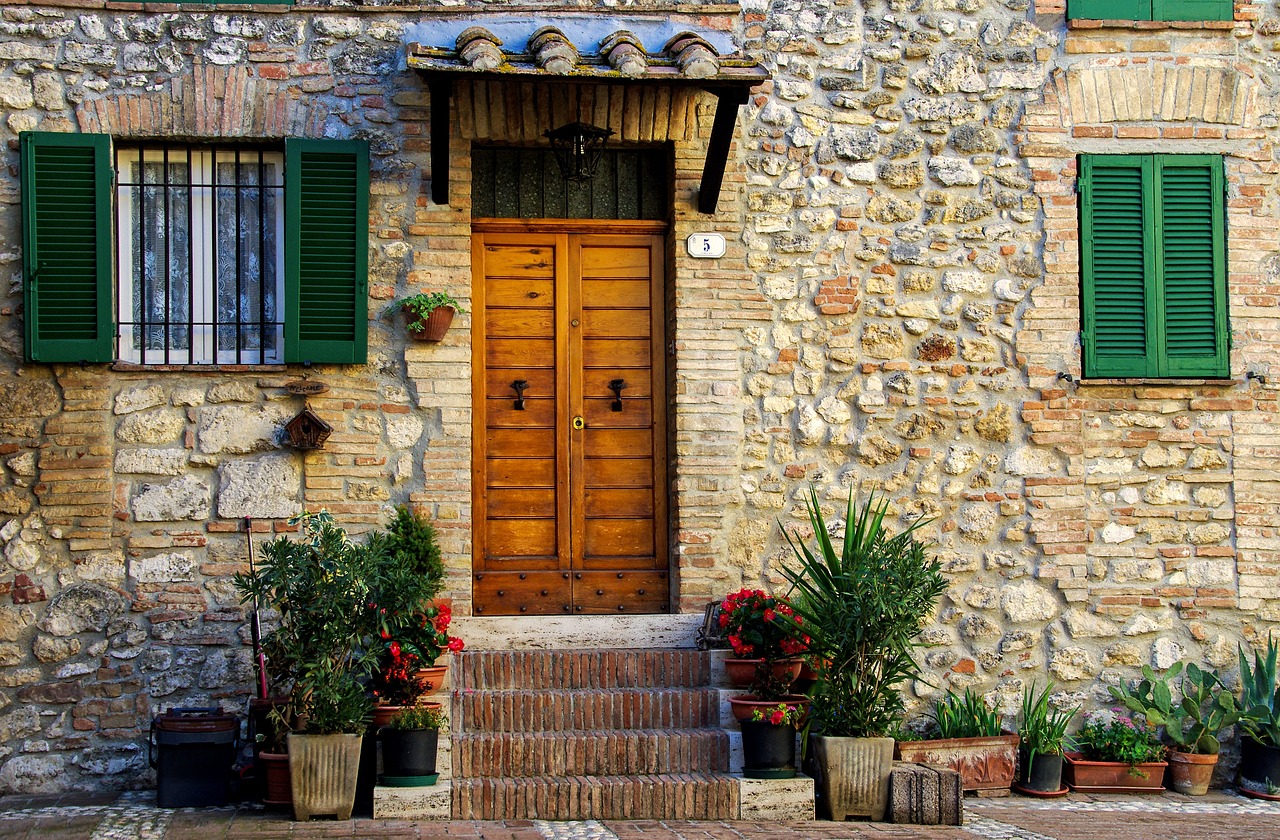This article will explain the meaning and use of two common Italian expressions using the verb fare.
Fare bene vs. fare male
These two often appear in colloquial Italian with different meanings.
The most common ones are to show approval or disapproval to someone or to say that something is good or bad for us .
Let’s see them in context.
Showing approval and disapproval to someone
- Hai fatto male a cambiare quartiere – You did wrong to change neighborhoods.
- Abbiamo fatto bene a prendere alcuni giorni di vacanza – We did well to take a few days off.
- Hai fatto male a rimproveralo – You did wrong to reprimand him
Fare bene
Fare bene = to do well, to do the right thing, to do a good job
‘Fare bene‘ expresses approval or satisfaction towards somebody.
Examples:
A: Sai, ho deciso di lasciare il mio lavoro in ditta..non ce la facevo più! – You know, I decided to quit my job at the company…I couldn’t stand it anymore!
B: Hai fatto bene, si vedeva che non stai più bene – you did well, one could see you were not well anymore
– hai fatto così bene a cambiare casa, quel quartiere è diventato così pericoloso! – You did well to change house, that area became so dangerous!
Also, depending on how much you want to emphasize your approval, you can change the sentences like in the following examples:
- Hai fatto benissimo – you did incredibly well (you did a great job)
- Hai fatto molto bene – you did very well (you did a great job)
Remember that fare bene is always followed by the preposition a and an infinitive verb.
Fare bene (accordingly conjugated) + a + infinitive
Fare male
Fare male: to to the wrong thing, to make a mistake
Similarly, when you want to express disapproval or dissatisfaction, you can use the contrary expression fare male.
Examples:
A: Sono andato a Cuba in bassa stagione e ha piovuto tutto il tempo… – I went to Cuba, and it rained all the times….
B: Hai fatto male a scegliere un periodo di bassa stagione, è vero che costa meno, ma è molto più probabile che piova – you made a mistake by choosing low season time to go there, it is true that cheaper, but there is a better chance to find a poor weather
Or,
- Ho fatto così male a comprare quel vestito così costoso…non ne valeva la pena! – I made a big mistake by buying that costly dress…it wasn’t worth it!
Remember the use the verb with this pattern: fare male (accordingly conjugated) + a + infinitive
Depending on the level of your disapproval, you can say
- Hai fatto malissimo – you made a huge mistake
- Hai fatto molto male – you made a big mistake
Fare male: to be bad for you, to hurt
- Bere troppo fa male alla salute – drinking too much is bad for your health
- Studiare una lingua fa bene alla mente – learning a language is good for the mind
We can use fare bene (or male) in Italian in a different context to mean that something is good or bad for our physical and mental health.
In this case, the expressions are used in the third person singular e plural.
Let’s see some other examples
- Fumare fa male – smoking is not good for your health
- Fare attività fisica fa molto bene – working out is good for your health
- Mangiare almeno cinque frutti al giorno fa benissimo alla salute – eating at least five fruits a day it’s very good for your health
Saying that a part of your body is aching
- Mi fanno male i denti! – My teeth hurt!
- Mi fa male la gola! – My throat hurts!
Finally, if you want to say that a part of your body is sore or aching, the most common way to put it in Italian is by using the combination fare male, used in the third person singular and plural.
Learn the pattern:
| mi fanno male | + singular body parts |
- Mi fa male la schiena – my back is sore (or I’ve back pain)
- Mi fa male la testa – I’ve a headache
- Mi fa male la pancia – I’ve a stomachache
| mi fanno male | + plural body parts |
- Mi fanno male le gambe – my legs are hurting
- Mi fanno male i piedi – my feet are sore







